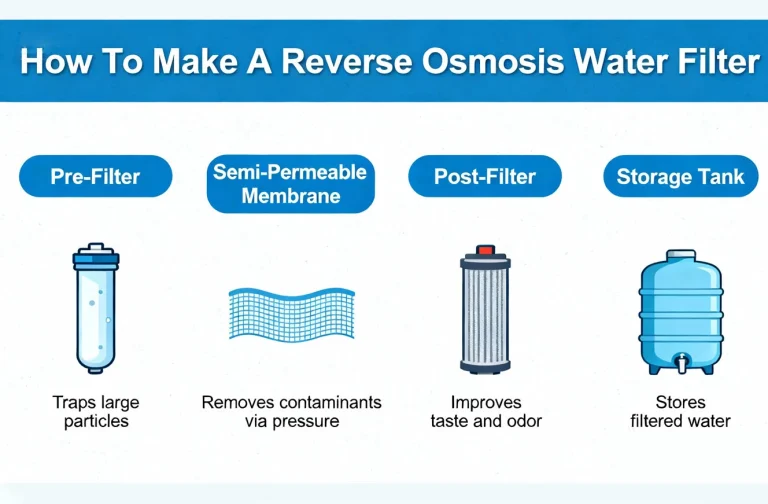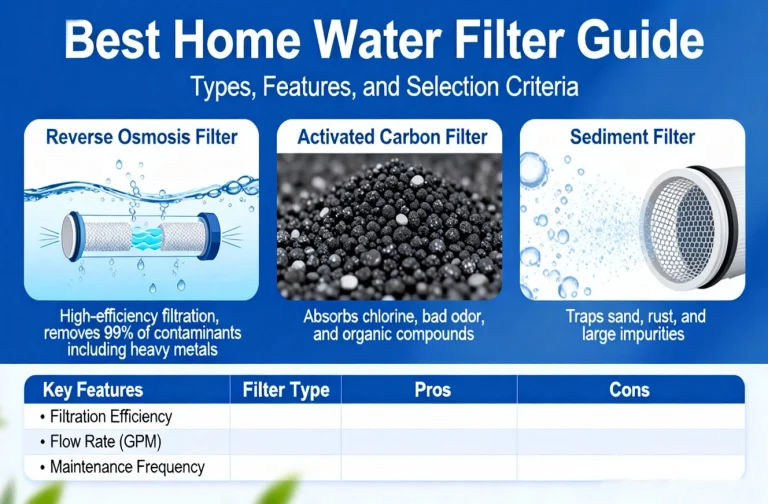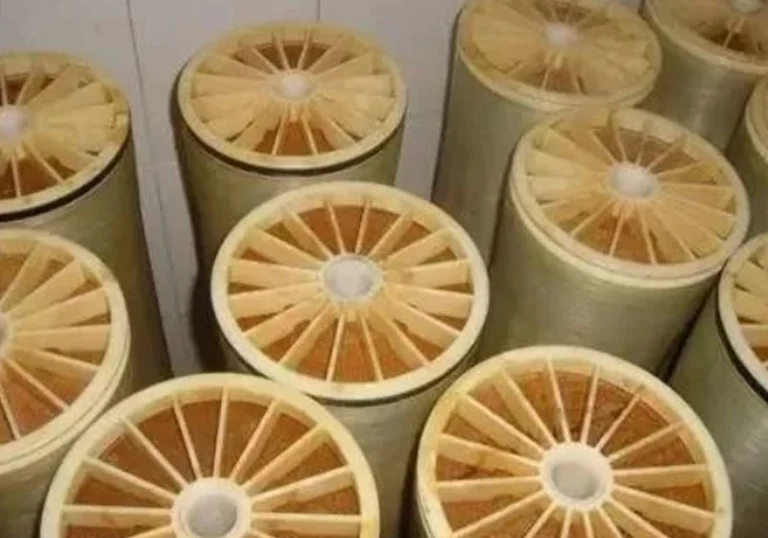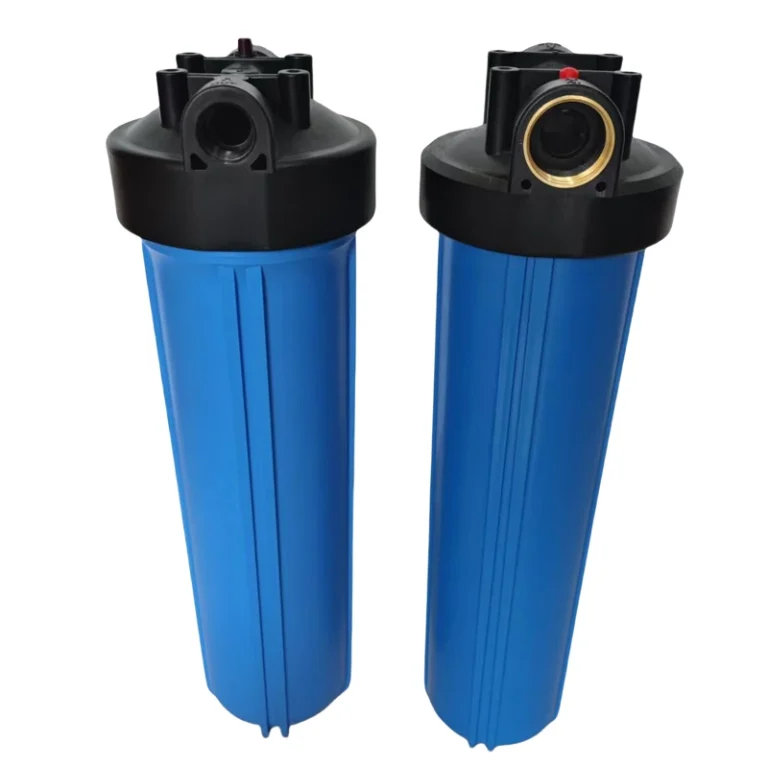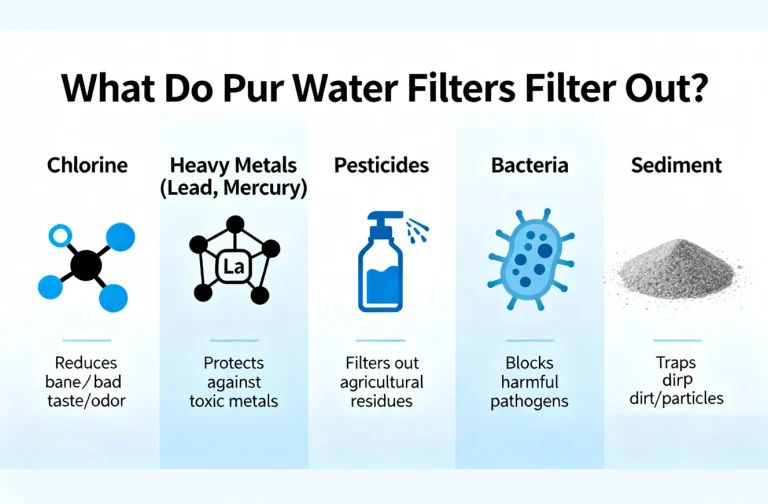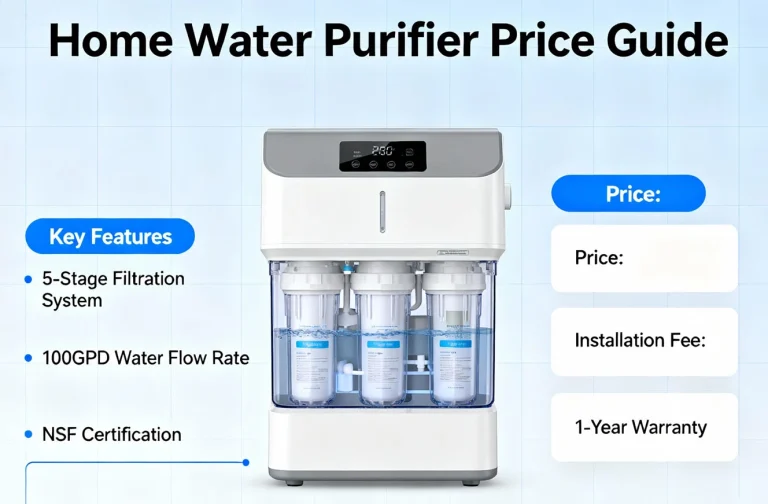BasideWT- Whole Home Water Filtration System & Replacement

The Ultimate Guide to Reverse Osmosis Water: Pros, Cons, and Is It Right for You?
In the quest for cleaner, safer drinking water, Reverse Osmosis (RO) filtration has become a top contender for many households. Yet, it’s often at the center of debate. Is it the ultimate purification method, or does its process strip water of essential goodness?
If you’re wondering whether an RO system is a wise investment for your health and home, you’ve come to the right place. This comprehensive guide provides a balanced, in-depth look at the advantages and disadvantages of reverse osmosis water, empowering you to make an informed decision.
What is Reverse Osmosis (RO) Water?
Reverse Osmosis is a water purification process that uses a semi-permeable membrane with tiny pores (as small as 0.0001 microns). Under pressure, water is forced through this membrane, which filters out up to 99% of contaminants, including dissolved salts, bacteria, and chemicals, resulting in highly purified water.
The Advantages of Reverse Osmosis Water (The Pros)
The benefits of installing an RO system are significant and contribute directly to your health and convenience.
- Unmatched Contaminant Removal
This is the core strength of RO. It effectively removes:- Heavy Metals: Lead, mercury, arsenic, and chromium.
- Microorganisms: Viruses (like norovirus) and bacteria (like E. coli).
- Chemical Pollutants: Chlorine, fluoride, pesticides, and pharmaceutical residues.
- Total Dissolved Solids (TDS): Dramatically reduces limescale and improves taste.
- Superior Taste and Odor
By removing chlorine and other impurities, RO water tastes clean, crisp, and refreshing. This enhances the flavor of your coffee, tea, and cooked meals, allowing the true taste of ingredients to shine. - Cost-Effective and Eco-Friendly
An RO system is a one-time investment that provides endless clean water for pennies per gallon. It’s far more economical than constantly buying bottled water and significantly reduces plastic waste, making it a greener choice for the environment. - Convenient and Space-Saving
Modern under-sink RO systems are compact and installed out of sight, providing purified water on tap without cluttering your countertop.
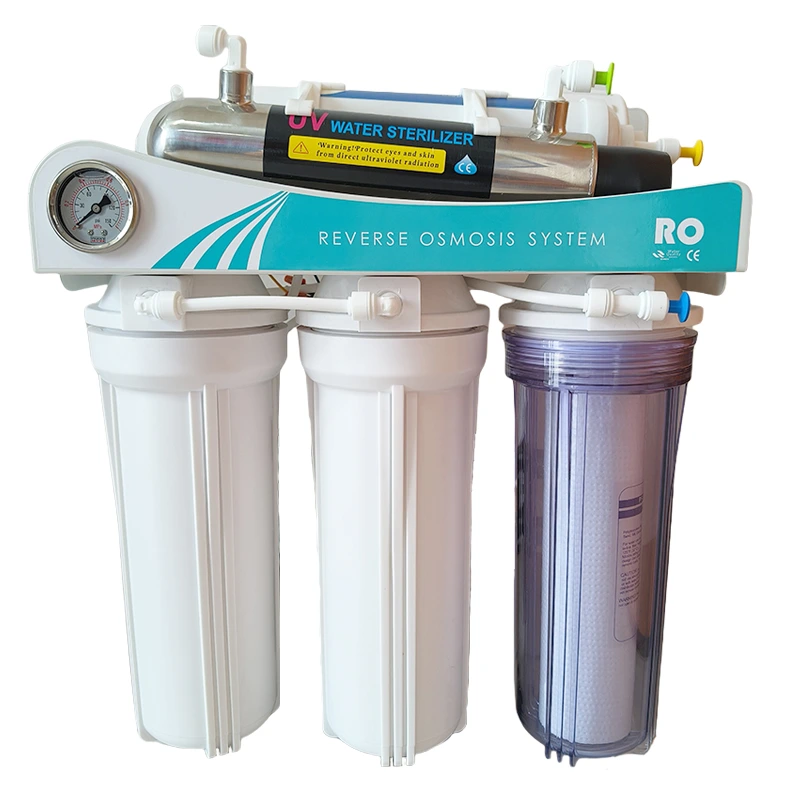
The Disadvantages of Reverse Osmosis Water (The Cons & Solutions)
It’s crucial to address the common concerns about RO systems. The good news is that for most, there are practical solutions.
- Con: Removes Beneficial Minerals
- The Concern: The RO process removes healthy minerals like calcium and magnesium, leading to demineralized water.
- The Reality & Solution:
- Minerals Come Mainly from Food: A balanced diet rich in fruits, vegetables, and dairy is the primary source of essential minerals. The mineral contribution from water is minimal.
- Remineralization Filters: Many modern RO systems now include a remineralization stage. This filter adds back beneficial minerals like calcium and magnesium into the water, improving its taste and health profile.
- Con: Wastes Water
- The Concern: The purification process produces wastewater, which can seem inefficient.
- The Reality & Solution:
- Technology Has Improved: Older RO systems had high waste ratios (like 1:4). Newer, efficient models have ratios as low as 1:1 or even 2:1 (more pure water than waste).
- Reuse the “Wastewater”: This “reject water” is ideal for non-drinking purposes like watering plants, mopping floors, or cleaning. Collecting and reusing it mitigates this drawback entirely.
- Con: Maintenance and Ongoing Cost
- The Concern: RO systems have multiple filters and the membrane that require regular replacement, incurring an ongoing cost.
- The Reality: This maintenance is essential for performance. However, the annual cost is typically much lower than the yearly expense of bottled water delivery or purchases.
Who is Reverse Osmosis Best For? Making Your Choice
An RO system is an excellent investment if:
- You have hard water or notice significant limescale.
- Your water TDS is high (use a TDS meter to check).
- Your water has a bad taste or odor from chlorine or other contaminants.
- You live in an area with known contamination risks (e.g., industrial runoff, old pipes).
- Your household includes vulnerable individuals like infants, the elderly, or those with compromised immune systems.
You might consider an alternative if your water is already of good quality and you only want to improve taste/odor, in which case a high-quality carbon filter may suffice.


